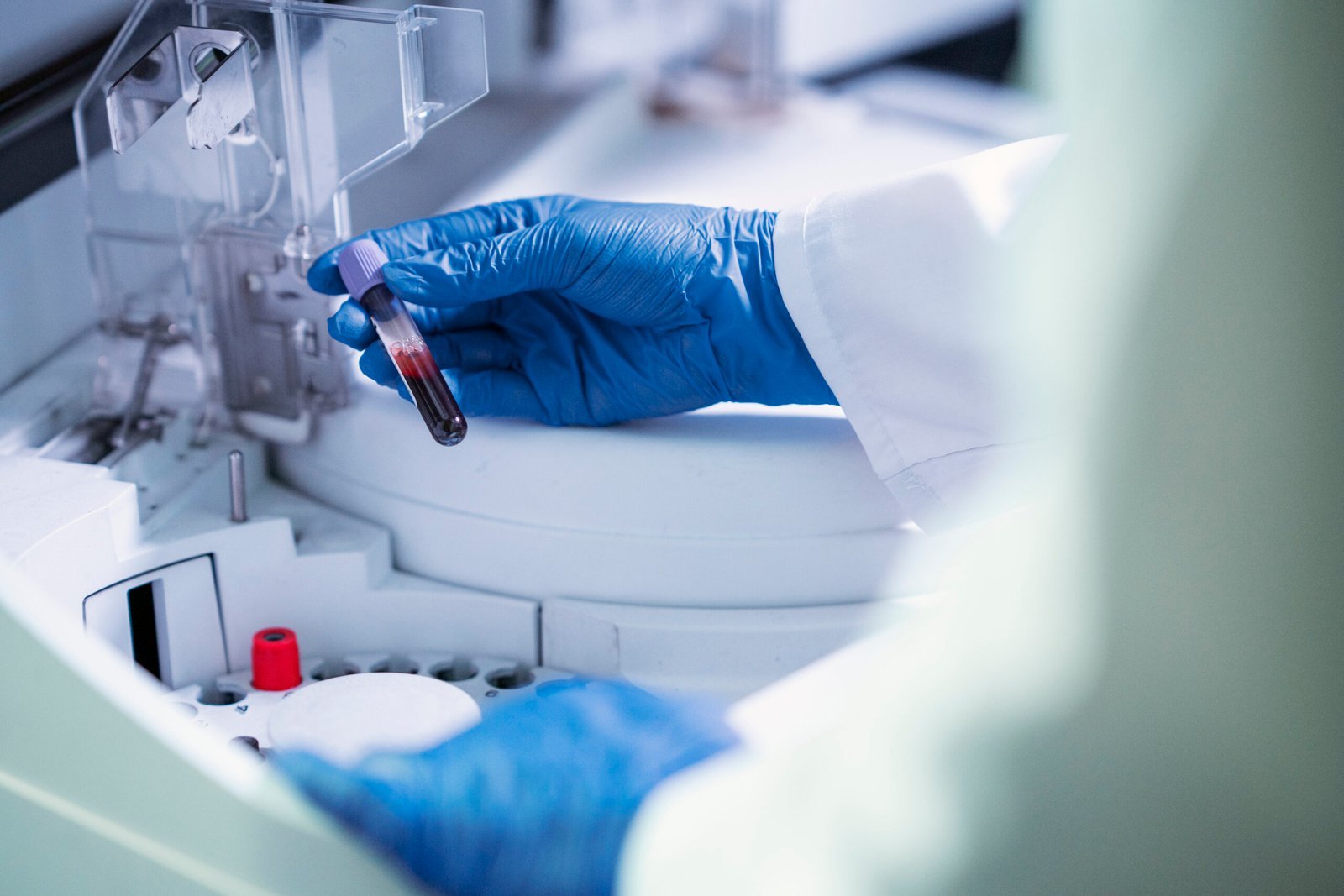
The Cytopathology department at Vihaan Hospital and Research Centre is a specialized unit focused on the examination and analysis of individual cells to diagnose various diseases, primarily cancer. Equipped with state-of-the-art microscopes and diagnostic tools, the department expertly handles a range of specimens, including Pap smears, fine needle aspirates, body fluids, and brushings. Staffed by experienced cytopathologists and cytotechnologists, the department ensures high precision in detecting abnormal cells, including precancerous changes and malignant cells. The team’s expertise is pivotal in early cancer detection, guiding treatment plans, and monitoring disease progression. Vihaan Hospital’s commitment to advanced techniques and detailed analysis ensures comprehensive and accurate diagnostic services in Cytopathology.
Cytopathology F&Q's
Cytopathology is a branch of pathology that studies and diagnoses diseases on the cellular level. It involves examining cells from various body sites to detect the presence of cancer, infectious diseases, and other conditions. The most common example of a cytopathologic test is the Pap smear, used for screening cervical cancer.
Samples for cytopathological examination can be collected through various methods, depending on the site and nature of the suspected disease. Common techniques include fine needle aspiration (FNA), where a thin needle is used to extract cells from lumps or masses; brushings, where cells are collected by brushing the surface of a lesion; and body fluid sampling, where samples are collected from fluids in areas like the chest, abdomen, or during a Pap smear.
The advantages of cytopathology include its less invasive nature compared to traditional biopsy, the rapid turnaround time for results, and its cost-effectiveness. It is particularly valuable for the early detection of cancer, guiding treatment decisions, and monitoring disease progression or response to treatment. Cytopathology can also diagnose infectious diseases and inflammatory conditions.
Cytopathology is widely used in cancer diagnosis through methods such as fine needle aspiration (FNA) of tumors, exfoliative cytology (where cells are shed into body fluids or scraped from tissues), and Pap tests. It helps in the early detection of cancers, including those of the breast, thyroid, lung, and cervix. By examining the cells’ appearance, cytopathologists can identify malignant changes, guide biopsy procedures, and assist in determining the cancer’s type and stage.
The limitations of cytopathology include its reliance on the experience and expertise of the cytopathologist to interpret the samples accurately. There’s a potential for false-negative or false-positive results due to sampling errors or the interpretative nature of the analysis. Additionally, cytopathology may not always provide sufficient information about the architecture of a tissue, which is sometimes necessary for a definitive diagnosis, requiring further histopathological examination.
Technology has significantly impacted cytopathology through advancements in imaging and molecular testing, enhancing diagnostic accuracy and the detection of diseases at a molecular level. Digital cytology, where digital images of cells are analyzed using computer algorithms, has improved the efficiency and reliability of screenings, such as in cervical cancer. Molecular techniques can identify genetic mutations in cells, offering insights into prognosis and targeted therapy options, further personalizing patient care.








